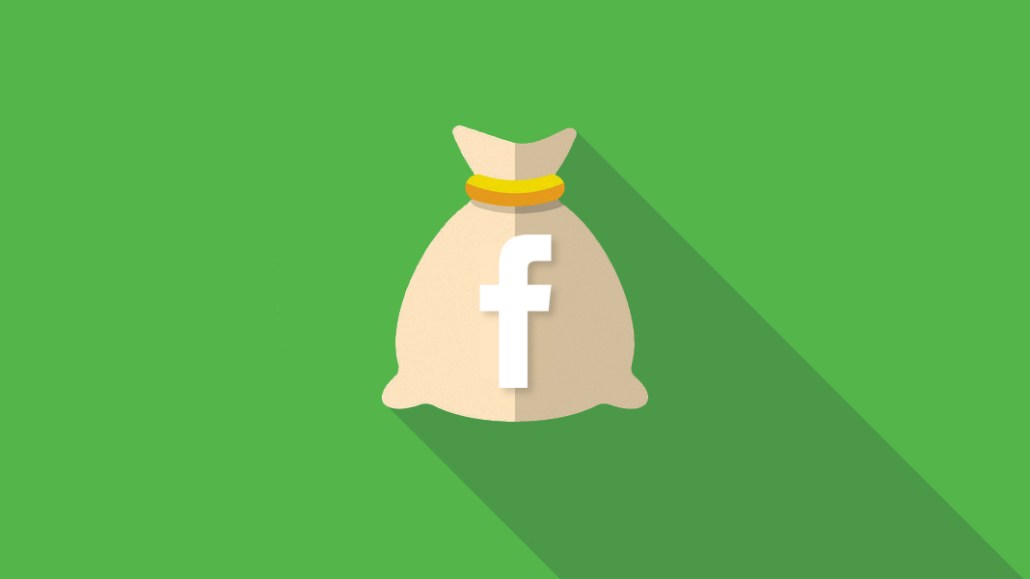Secure your place at the Digiday Media Buying Summit in Nashville, March 2-4
‘Hooked on the Facebook drug’: Media buyers say smaller brands will return to the platform, but bigger brands will continue to boycott

With the month of July nearly over, advertisers who joined in the Facebook boycott are now weighing whether or not to start advertising again on the platform come August 1st.
Media buyers say smaller brands that are more dependent on direct response campaigns are more likely to return than bigger household name brands like Unilever and Starbucks as those smaller brands need Facebook ads to help drive revenue. Bigger brands that are participating in the boycott, meanwhile, are likely to continue to keep ad dollars off the platform until later this fall.
“Well-established brands are standing by the boycott and pushing for Facebook to monitor hate speech in a more active way,” said a media buyer who requested anonymity. “We’re seeing brands that took a pause in July are still reluctant to go back.”
Those bigger brands aren’t happy with Facebook’s response to the boycott so far, according to media buyers, who say Facebook hasn’t done much other than commit to adding a new data point on the prevalence of hate speech to its annual Community Standards Enforcement Report. Advertisers want a commitment from the platform to give them more control over what their content appears next to and to be able to opt out of appearing near hateful content, i.e. to solve the adjacency problem that has been an issue with advertising on myriad platforms for years now.
Control over adjacency is commonplace with TV buys, print, radio, etc., per media buyers who say that adding that lack of control is a major feature gap for Facebook. That said, fixing whether or not an ad appears next to hateful content isn’t an easy problem to solve and one that has engineering complexities as well as user privacy concerns.
Still, Facebook is starting to talk about technical solutions to the problem with buyers who say that the platform’s execs wouldn’t do so unless there was intention to act on a solution. Creating whatever that solution is will likely take months, though, per buyers.
Buyers expect that bigger brands will return to the platform following the release of the Community Standards Enforcement report in November with the new data point on the prevalence of hate speech on the platform. Releasing that number has been amoung the boycott’s demands and Facebook doing so could give advertisers an easy win to point to in returning.
For the smaller brands that are planning to go back many are doing so out of necessity rather than satisfaction with Facebook’s response to the boycott. “They’re hooked on the Facebook drug,” said the buyer who requested anonymity. “They need it. It’s a proven way of generating great results.”
Davis Jones, managing director of media services at The Many echoed that sentiment: “They’ve made an advertising product that works and it’s integral to lots of businesses. We have clients where their whole business is Facebook and taking a month off would decimate them.”
At the start of the boycott, advertisers worried about consumer backlash if they didn’t participate. But now, as some prepare to return to advertising on the platform, there isn’t the same concern about going back on without much of a commitment to change from Facebook, said Jones.
One reason could be that the brands that continued to advertise on Facebook didn’t hear much in the way of consumer backlash about doing so. One executive said that the majority of the brands he works with continued to advertise on the platform and did so with little negative consumer attention.
For the smaller brands that did move money away from Facebook for July, media buyers say they tested other platforms like Snapchat, Pinterest and TikTok. While those brands will likely return to Facebook come August, they may move less money back as those other platforms have shown positive results, said buyers.
“[The boycott] could lead to a better diversification of platforms,” said the buyer who requested anonymity.
More in Marketing

Future of Marketing Briefing: AI’s branding problem is why marketers keep it off the label
The reputational downside is clearer than the branding upside, which makes discretion the safer strategy.

While holdcos build ‘death stars of content,’ indie creative agencies take alternative routes
Indie agencies and the holding company sector were once bound together. The Super Bowl and WPP’s latest remodeling plans show they’re heading in different directions.

How Boll & Branch leverages AI for operational and creative tasks
Boll & Branch first and foremost uses AI to manage workflows across teams.








